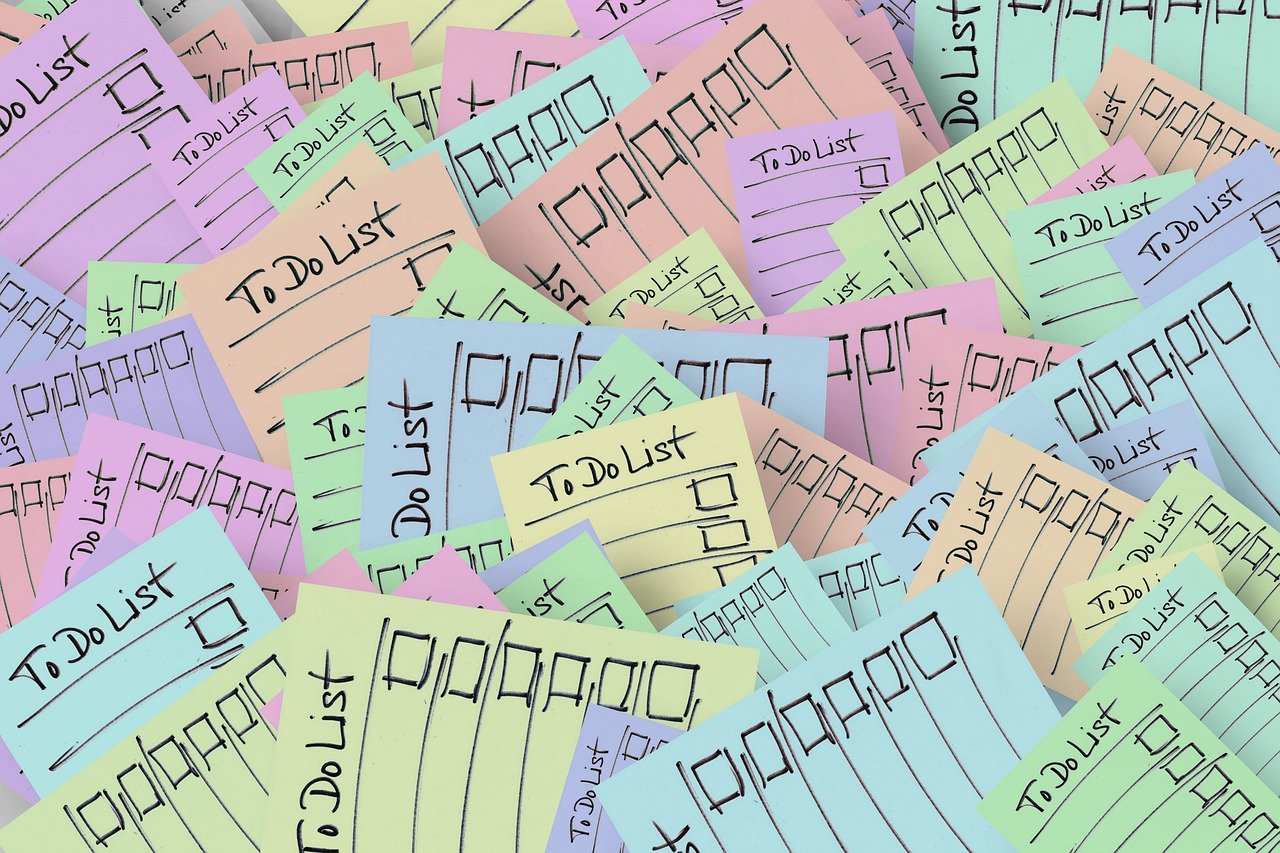
Organising your daily routine can significantly enhance your productivity, reduce stress, and improve your overall well-being. In our fast-paced lives, having a structured approach to our daily activities can help us manage our time effectively and achieve our goals. This blog post will delve into various strategies to help you organise your daily routine effectively, ensuring that you make the most of each day.
Before we dive into the specifics of organising your daily routine, it’s essential to understand why having a routine is crucial. A well-structured routine provides several benefits:
The first step in organising your daily routine is to assess your current habits. Take a week to track how you spend your time. Note down your activities, how long they take, and how you feel during each task. This assessment will help you identify areas for improvement and highlight activities that may be consuming too much of your time.
Once you have a clear understanding of your current routine, the next step is to set specific, measurable, achievable, relevant, and time-bound (SMART) goals. Establishing clear goals will give you direction and motivation as you organise your daily routine.
With your goals in place, it’s time to create a daily schedule. This schedule will serve as a blueprint for your day, helping you allocate time for each activity and ensuring that you stay on track.

Self-care is an essential aspect of a balanced routine. It’s crucial to carve out time for activities that nourish your mind, body, and spirit. Here are some ways to incorporate self-care into your daily routine:
Start your day with a morning ritual that sets a positive tone. This could include:
Take short breaks during your workday to recharge. This could involve:
End your day with a calming evening routine. Consider:
For those who care for others, managing daily tasks can become overwhelming. This is where an Organised Care App can make a significant difference. Such an app streamlines the caregiving process by enabling users to manage schedules, track appointments, and coordinate care tasks efficiently. With features like reminders for medication, meal planning, and activity logs, caregivers can ensure that their loved ones receive the best possible support without feeling stressed or disorganised. This not only makes daily life easier for the caregiver but also enhances the quality of care provided.
Creating a well-organised daily routine is only half the battle; maintaining consistency is key to reaping its benefits. Here are some strategies to help you stick to your routine:
If you’re new to routines, start with small changes. Gradually incorporate new habits rather than overhauling your entire day at once. This will make it easier to adapt and sustain your routine.
Share your goals with a friend or family member who can help keep you accountable. Regular check-ins can motivate you to stay on track.
Set aside time each week to review your routine. Assess what’s working and what isn’t, and make adjustments as needed. Flexibility is essential for long-term success.
Recognise and celebrate your accomplishments, no matter how small. Acknowledging your progress can boost motivation and reinforce positive habits.
Even with a well-organised routine, challenges can arise. Here are some common obstacles and how to overcome them:
Procrastination can derail your plans. Combat this by breaking tasks into smaller, manageable steps and setting deadlines for each step.
Identify your biggest distractions and find ways to minimise them. This could involve creating a dedicated workspace, turning off notifications, or using productivity apps to block distracting websites.
If you find yourself feeling overwhelmed, take a step back and reassess your routine.
Burnout can manifest as physical, emotional, or mental exhaustion, often resulting from prolonged stress. To combat burnout, it’s essential to prioritise rest and recovery. Here are some strategies to help you manage and prevent burnout:
While structure is essential, flexibility is equally important in maintaining a sustainable routine. Life is unpredictable, and being adaptable can help you navigate challenges without feeling overwhelmed. Here are some tips for embracing flexibility:
Acknowledge that your routine may need adjustments based on changing circumstances. Whether it’s a sudden work commitment or a personal matter, being open to change can reduce stress.
When creating your daily schedule, include buffer time for unexpected events. This will help you accommodate changes without derailing your entire day.
Regularly evaluate your routine to ensure it aligns with your current needs and priorities. As circumstances change, so too should your approach to organising your day.
Reflection is a vital component of an organised routine. Taking time to review your day can help you identify what worked well and what needs improvement. Here’s how to incorporate reflection into your routine:
Spend a few minutes each evening writing down your thoughts and experiences from the day. This practice can help you process your feelings, celebrate your accomplishments, and identify areas for growth.
Set aside time each week to reflect on your overall progress. Consider what goals you achieved, what challenges you faced, and how you can improve in the coming week.
Based on your reflections, don’t hesitate to adjust your goals as necessary. Life changes, and your goals should evolve to reflect your current situation and aspirations.
Creating a supportive environment can significantly enhance your ability to maintain an organised routine. Surrounding yourself with positive influences can motivate and inspire you to stay on track. Here are some ways to cultivate a supportive environment:
Engage with friends, family, or community groups that share similar goals and values. Surrounding yourself with motivated individuals can encourage you to stay committed to your routine.
Consider sharing your goals and progress on social media or in a blog. This can create a sense of accountability and inspire others to embark on their own journeys.
If you’re struggling to organise your routine, consider seeking the help of a coach or therapist. Professional guidance can provide personalised strategies and support tailored to your needs.
Organising your daily routine is an ongoing process that requires reflection, flexibility, and commitment. By assessing your current habits, setting clear goals, creating a structured schedule, and incorporating self-care, you can develop a routine that enhances your productivity and well-being. Remember to embrace flexibility, seek support, and regularly reflect on your progress to ensure your routine continues to serve you well.
With the right strategies and tools, including the use of an Organised Care App for those who provide care to others, you can create a daily routine that not only helps you manage your time effectively but also enriches your life. Start small, be patient with yourself, and celebrate your achievements along the way. Your ideal daily routine is within reach, and with dedication, you can make each day a fulfilling and productive one.